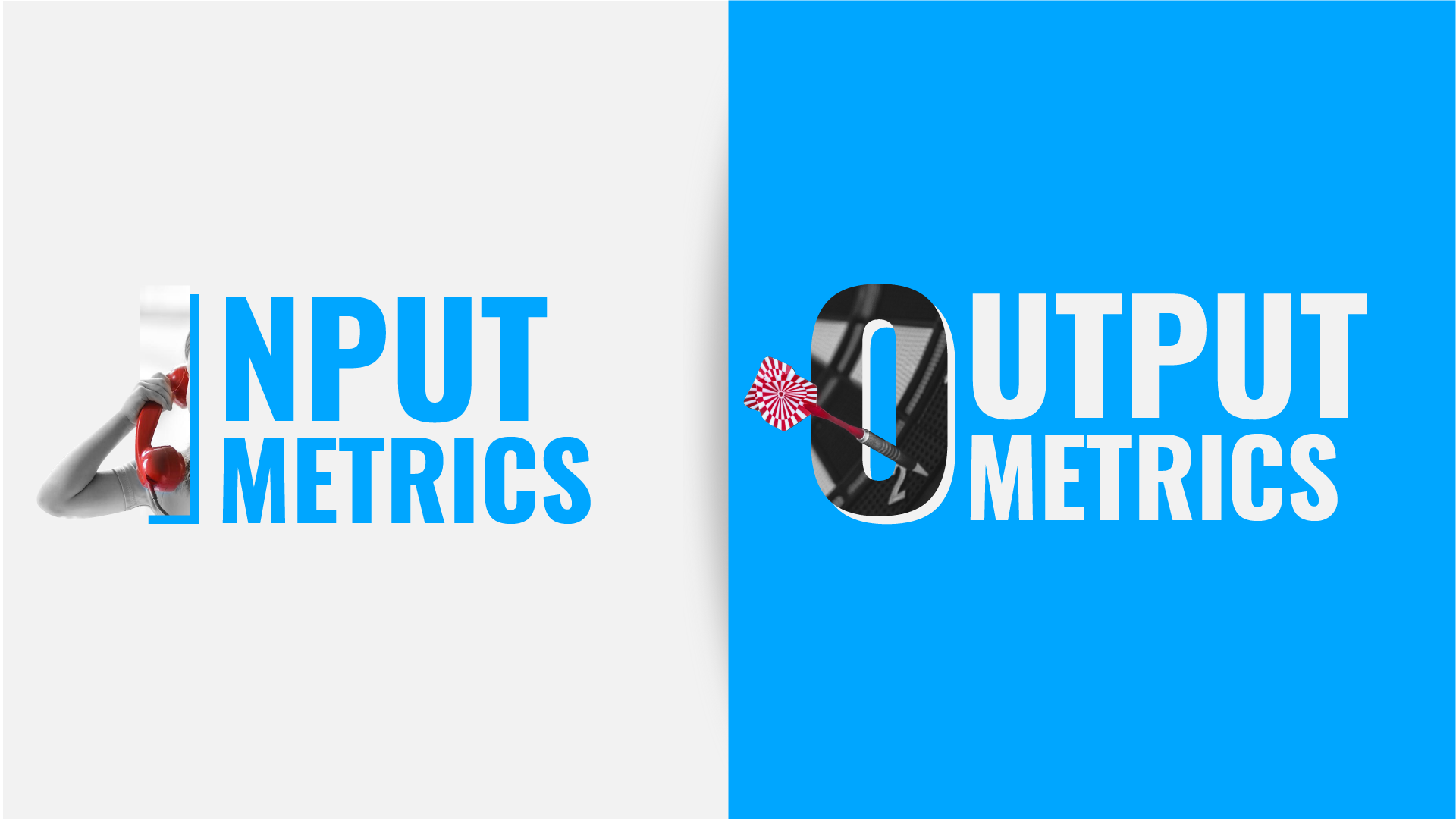What Is Employee Turnover?
Employee turnover is the rate at which employees either leave or are replaced at an organization. It may also refer to the loss of talent within the workforce since the term encompasses many circumstances. Some fields have more turnover than others: technology, nonprofits, and retail. No matter which industry you have, treat high turnover as a red flag.
Calculating turnover is a means of putting a metric on morale and potential losses in productivity. Every business in an ideal world will focus on hiring good talent and maintaining it. Sometimes, however, those talented individuals will get lost to the system.
Turnover covers resignations, layoffs, terminations, and even death. It is either voluntary or involuntary, depending on if the employee left willingly. Turnover can be functional when a low-skilled employee leaves, and dysfunctional when a high-skilled employee gives their two weeks’ notice.
How to Calculate Turnover
The formula for calculating turnover is relatively simple. You take the number of employees who have left the company within a certain time period. Divide it by the average amount of employees for that time period and multiple by a hundred to get a percentage.
To get the average number of employees, add the number of employees at the beginning of the month with the number of employees at the end of the month, and divide by two. Use this in your formula.
Let’s consider this scenario. You are running a printing studio with ten employees at the beginning of the month. Two people join, and four people leave. By the end of the month, your studio has eight employees. Your average amount of employees for that month is as follows:
(10+8)/2= 9.
Since you had four employees leave, that means you divide 4/9 and multiply by one hundred. You reach a turnover rate of 44.44 %, as a result. Of course, you can change the time period by a week, month, quarter or year.
Tips to Reduce Employee Turnover Rate
You want to make sure that employee turnover is low. If employees are leaving in droves, then it could create a bad image for your company. We have some tips on how to help you with that.
Organize Your Team Goals
We have seen time and time again that hired talent works for a company, finds themselves clashing with established policies and leaves without having accomplished much. At DeepSky, we call this the revolving door.
If you set your goals ahead of time and communicate them through management, you can use them to set strategies and workday routines. When conducting interviews with candidates, establish your priorities for their roles. That way you create employees that fit with the company’s mission statement and stay for the long-term.
Conduct Exit Interviews
Exit interviews are a great way to gauge how employees feel about their time at your company. Have a supervisor to manager schedule a meeting with the leaving person at a convenient time. Then ask them a standard set of questions of their time while working.
Ask why good employees are leaving, if they are handing in their two weeks’ notice. Sometimes their reasons could be personal, but other times it could be a clash in company culture. The answers could lead you to make changes in your company culture.
Update Compensation And Benefits Regularly
Make sure that your wages, healthcare policies, 401K accounts, and personal time off policies are consistent within the industry, sometimes better, and that they make sense. Many employees may have families that are their dependents, while others may have different priorities.
Thanks to inflation, the cost of living increases by the decade. That could mean that the same benefits that you offered in 1992 will not suffice in 2022. Do your research and figure out what employees need to remain satisfied.
Develop A Healthy Turnover With DeepSky’s Help
DeepSky wants to ensure that you have the numbers and means to reduce employee turnover. Our Financial Wingman ™ program is designed to help improve your company accounting with customized services.
Reach out to us today to get started with your Financial Wingman ™. DeepSky will look at your numbers and suggest viable strategies to go beyond the black.


